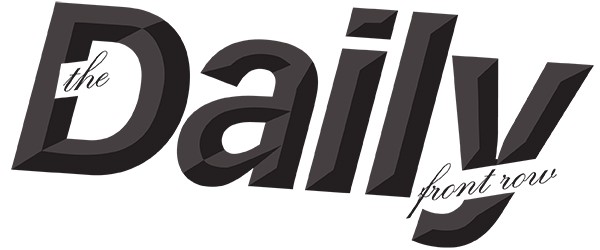The COVID-19 pandemic has taken a toll on various facets of the real estate market, and perhaps no one is being hit harder than hotels. Real estate investor Jaf Glazer has been analyzing the market during the pandemic and has developed a bird’s eye view of what hotel investments will look like in the post-pandemic world. Less and less people are occupying hotels during the pandemic, leading to higher vacancies. Their average daily rates (ADR) will be too low to generate sufficient revenue, making it challenging for owners to afford to keep these hotels. The hotel owners will miss multiple debt payments and lenders will give these borrowers mortgage forbearance.
During the first wave of the pandemic, hotels experienced weak performance and broken construction. During the second wave, stronger hotels will be over-leveraged after spending their cash reserves and PPP. In the post-pandemic life, there will be disposed REO from portfolio lenders and workouts from special servicers on CMBS–a process that will take two to three years. Borrowers that have weaker balance sheets will be more prone to foreclosure as opposed to borrowers that have newer relationships with the banks and smaller balance sheets.
After the pandemic, some hotels such as limited service or extended stay will become workforce housing. Expect resorts that exhibited extremely low occupancy during the pandemic to turn into residential developments, allowing for the reset button to be pressed on some of these hotels. Glazer also predicts that hotels may trade hands in situations where the equity is wiped. Another buyer will swoop in and buy the debt to foreclose or directly from a lender who may have foreclosed, and the buyer would then own the asset.
Hotel owners were using PPP money to stay afloat and seemingly now that has run out. Without further stimulus, it’s going to be even more hurtful for them as the coronavirus continues to rage, even though there’s a vaccine projected in mid to late 2021. Hotel to multifamily conversions will occur in many cases. Some hotels may have floorplans making them more conducive to one or two bedroom conversions versus smaller workforce housing. This is a differentiator between limited service versus extended stay hotels which may have larger rooms. However, many hotels have flags that have exorbitant termination fees. These fees will make it prohibitive to turn certain hotel assets into multifamily unless the hotel flags are willing to wave these fees. Similarly, union hotels also may be extremely hard to convert to multifamily as terminating union agreements and liabilities will require a buyout. At times, union contracts provide for termination should there be a change of use in the hotel. AirBnb competitors such as Saunder lease apartments monthly and rent them out daily have been switching their model from fixed rent to revenue share with landlords. This change in business model will occur as rates lag post-pandemic and are less predictable. This will allow for companies like Saunder to protect their downside while capturing upside.
The different types of hotels lend themselves to different types of conversions. Remote working is in vogue, putting pressure on office renewals and occupancy. Post-vaccine, the aftereffects of hotel travel will still be felt, causing pressure in the sector. The red hot industrial/ last mile warehouse sector could provide great opportunities for conversions. However, hotel floor plans would be too costly to convert into the sector. It’s to be determined whether or not hotels will recover after the vaccine. Average daily rates in major urban cities never quite recovered rapidly after the Great Financial Crisis. Then again, maybe it’ll be like the roaring 20s and people’s pent-up desire to hit their bucket list of travel.
Presented by: Ascend Agency

